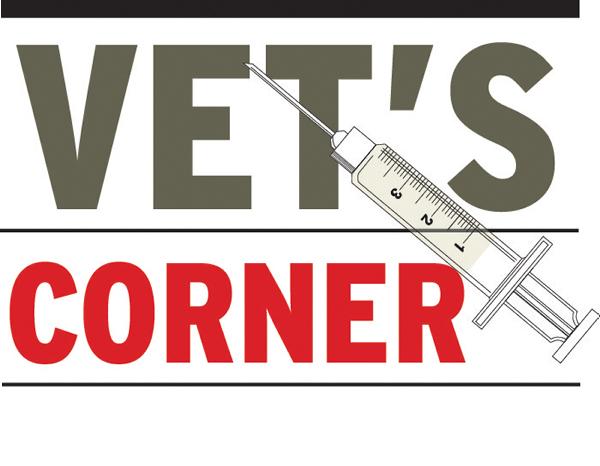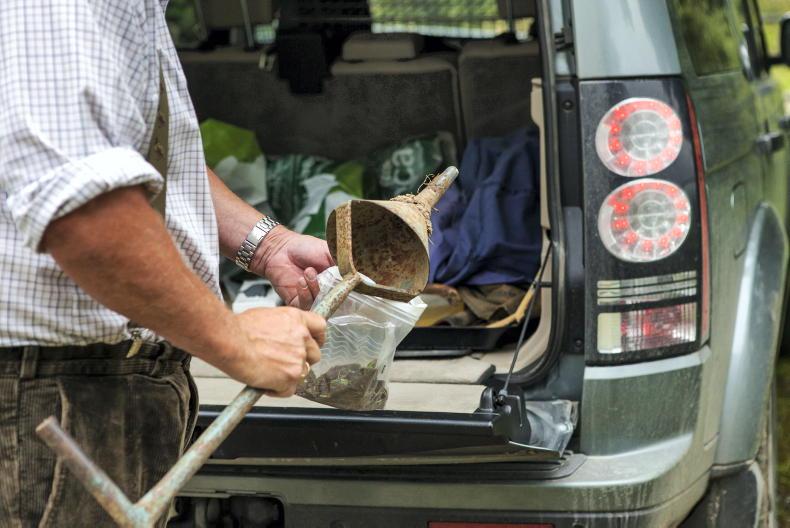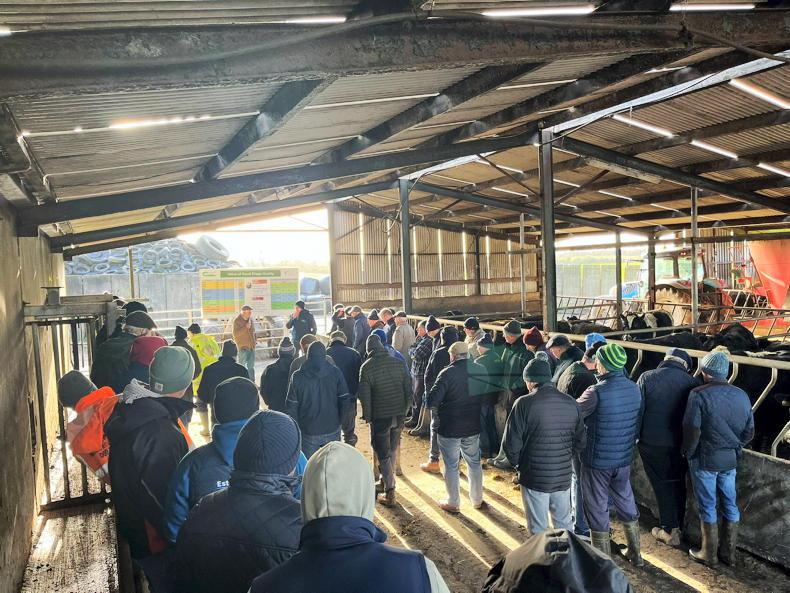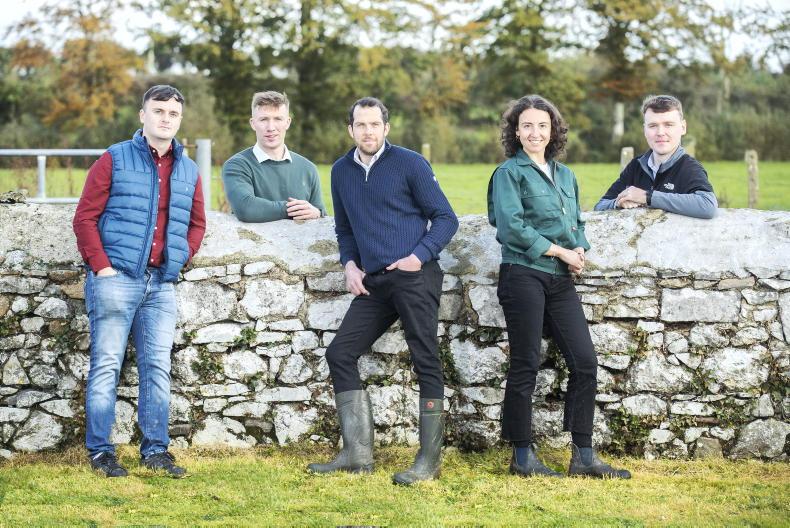Veterinary is relatively quiet at this time of year, but that gives us a chance to do some work that can’t be done at other times.
An example of this is a client who called me out to review his flock health on a sheep farm recently.
I would consider the same farm to be very well run and managed, with good productivity and minimal mortality.
This is largely down to the farmer’s management. Part of the management on this farm involves a veterinary visit once a year to review problems which occurred during the spring, a look at disease rates, a review of the mortality figures and sample-taking to assess the current state of health on the farm.
This is a useful visit, as during the spring most of the sickness-related calls are carried out at the clinic. If it does involve a visit to the farm, it is invariably at a time when we are too busy to look properly at what is going on at that time.
During the course of our recent planned visit, my client made reference to the point that this annual review is the most valuable couple of hours he spends on the farm.
During the course of our visit, we took some samples from ewes to check for mineral status, looked over the recent weight gain of the lambs, took samples for faecal egg counts in the lambs and discussed the worming programme for the rest of the year.
The worming programme on this farm is based on monitoring faecal egg counts. We also monitor the effectiveness of the worming programme by taking samples after dosing to check for anthelmintic resistance.
We are aware that there is a problem with white wormers on the farm, but, so far, the rest of the wormer groups seem to be working fine.
Growth rates for the lambs seem to be going well, despite the recent very dry weather. However, lameness appears to be more of a problem this year than last.
For this reason, we decided to increase the number of footbath treatments on the farm to twice monthly and have given the ewes a booster shot of Footvax.
We are waiting for the results of the mineral samples from the ewes, which will determine the type of mineral supplementation used on the farm at tupping and during pregnancy.
John Gilmore is a practising vet and managing director of FarmLab Diagnostics, an animal health testing laboratory. Visit www.farmlab.ie for more.









SHARING OPTIONS